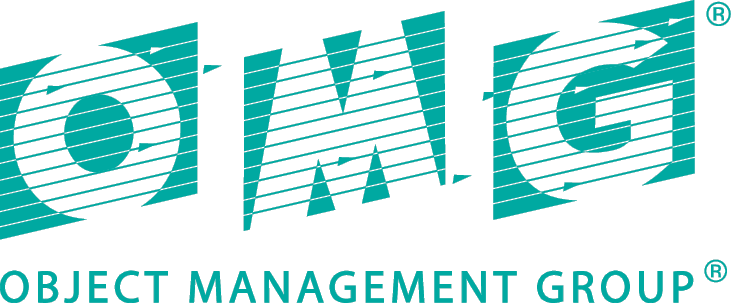Leveraging decision patterns to tame complexity and accelerate solution delivery
- Webinar Zielsetzung: SE Austausch von Wissen und Erfahrungen
- Referent:in: John Fitch
- Position: John Fitch is a Principal Consultant and Course Presenter for Project Performance International (PPI).
- Beschreibung: Decision-making is one of four fundamental human thinking (aka analysis) processes. Decisions comprise the essential thinking content, the integrative mechanism of any design process, and as such effect the transformation of a problem definition into a solution description. The author’s 35 years of experience in teaching and facilitating decision-making and systems engineering has led to the conclusion that there is a pattern of decisions behind every strategy, solution design or life. A wide variety of decision patterns have been created and refined through use in 150+ projects across 40+ organizations. This presentation summarizes the conceptual basis for decision patterns and how they were “discovered”, defines a decision-centric information model of the engineering process, explains key principles behind how decision patterns create value, shares how a pattern-based decision model fits into a broader engineering process and identifies a range of use cases in which decision patterns have been employed. Using a decision-centric information model (metamodel) creates a much richer digital thread than is currently supported in formal systems engineering languages and MBSE tools. The presentation will demonstrate a simple but powerful technique by which a project decision baseline may be established by reverse engineering stakeholder decisions against a decision pattern. The resulting decision model (aka Decision Breakdown Structure) may be used validate system requirements and to focus project efforts on the decisions that are most critical to project success.
- Weiterführende Information: https://www.ppi-int.com/
- Datum: 28.09.2022 17:00
- Chapter: Joint GfSE INCOSE
- Sprache: EN






